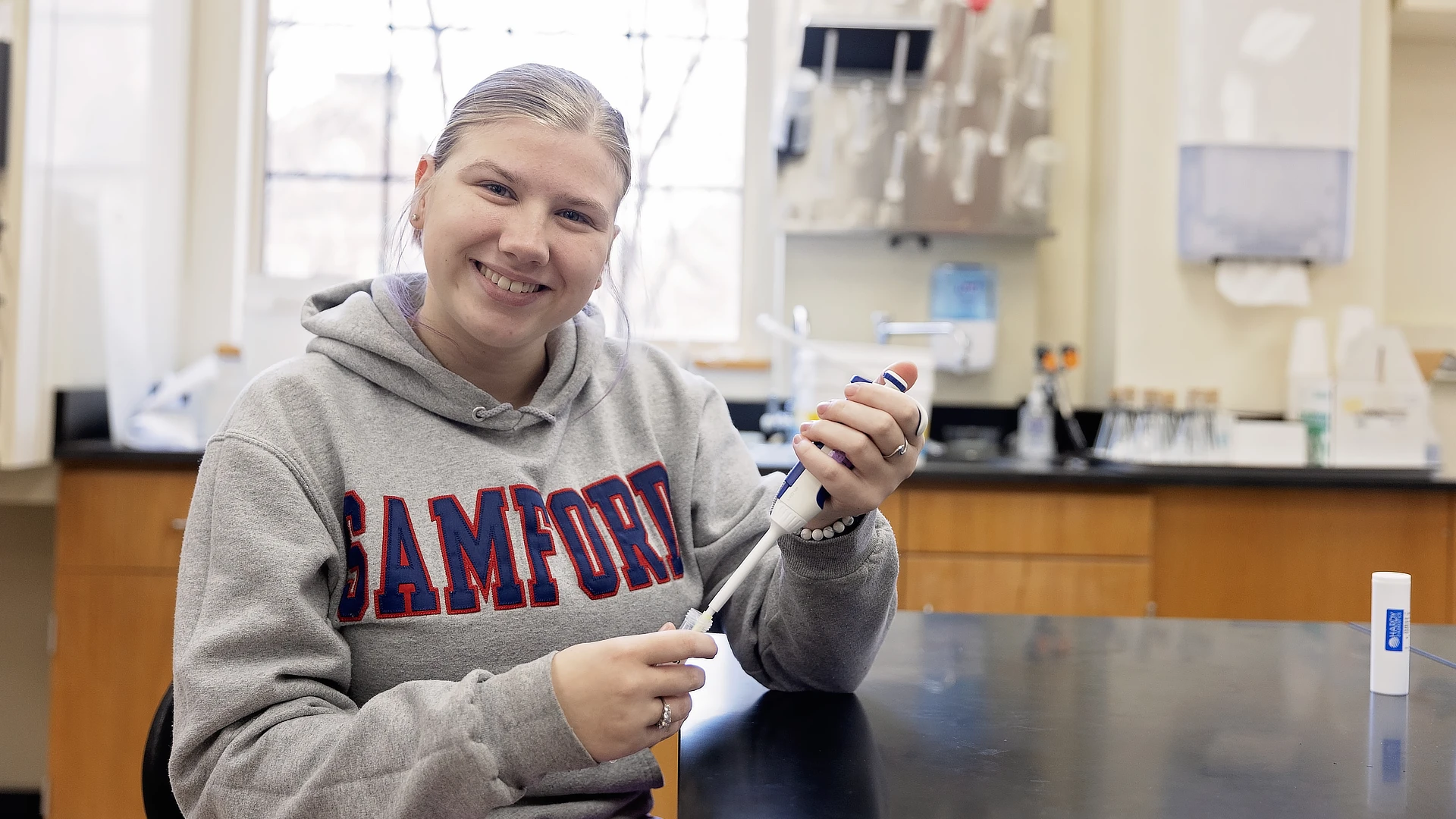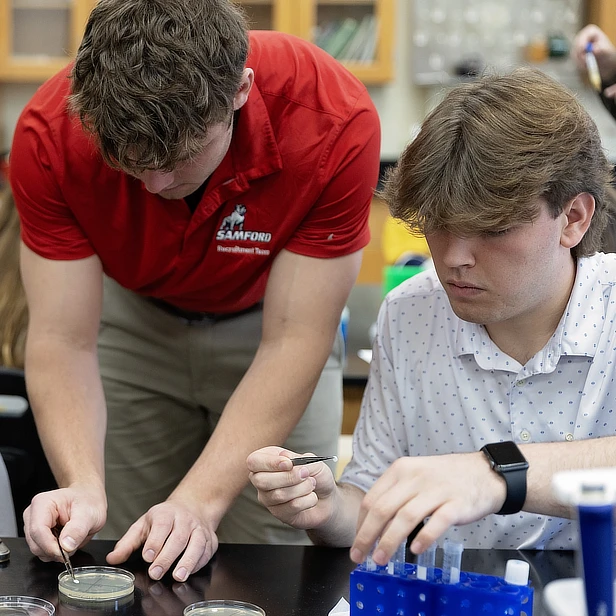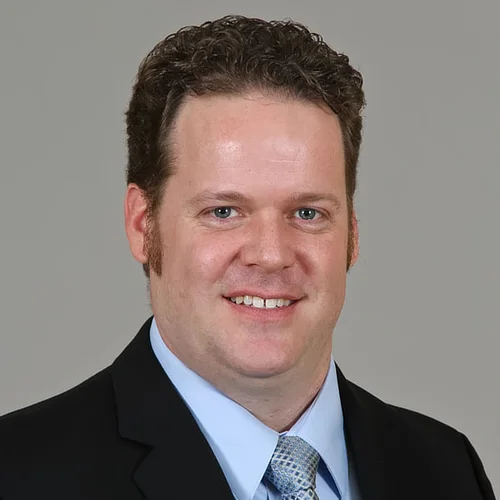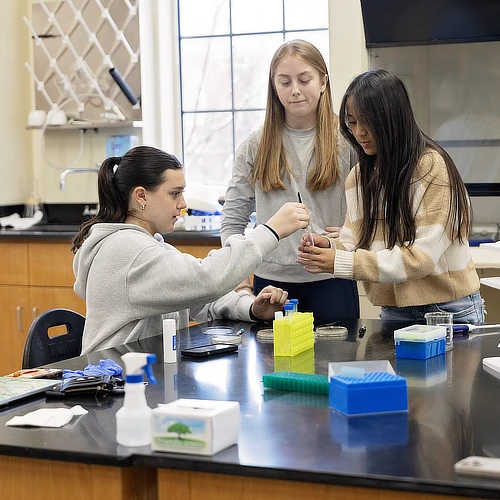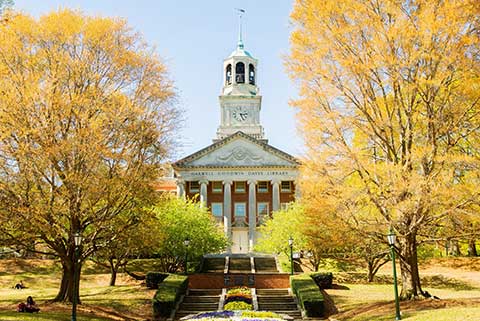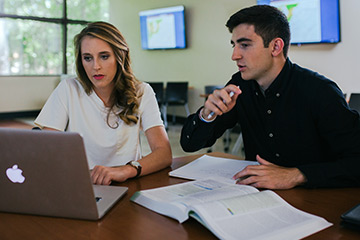Frequently Asked Questions
Are there prerequisite courses to declare the major?
No, there are no prerequisite courses to declare biology as a major.
Do I need a minimum GPA to enter the program?
No, you do not have to have a minimum GPA to enter the biology program.
Can I study abroad as part of this major?
Yes, Dr. Betsy Dobbins leads a
study abroad opportunity to Rome where they discuss biology and historical significance in Rome.
Are research opportunities available for undergraduates?
Yes, there are biology research opportunities through the McWane Science Center Internship.
What careers do graduates of this program pursue?
Graduates of the biology program pursue medical, dental, veterinary, optometry, physical therapy, pharmacy, or PA school. Graduates also conduct original research in lab or field settings as well as work alongside faculty on cutting-edge projects.
You may also be interested in:

